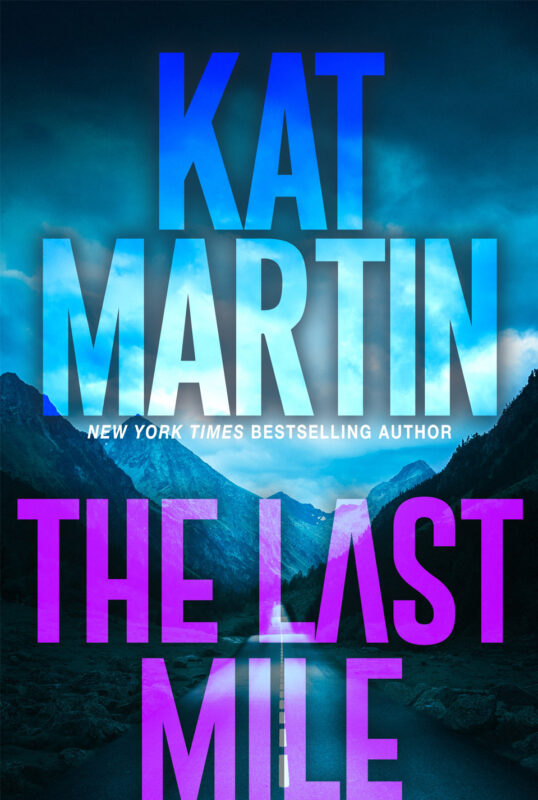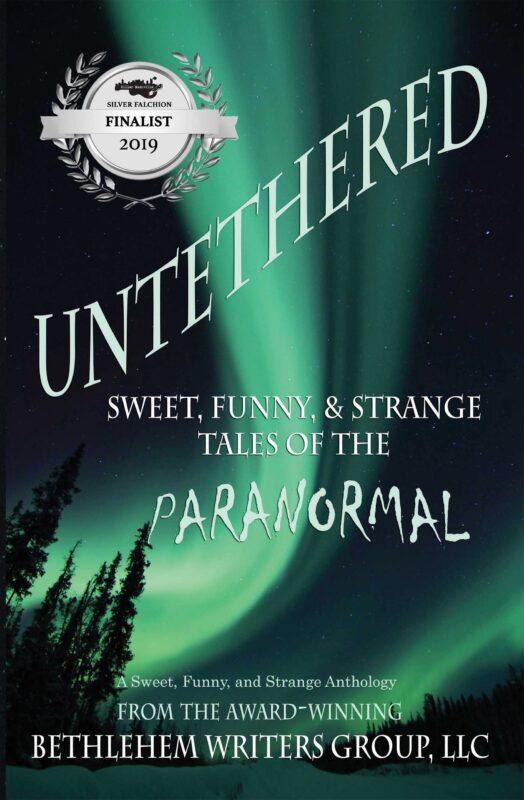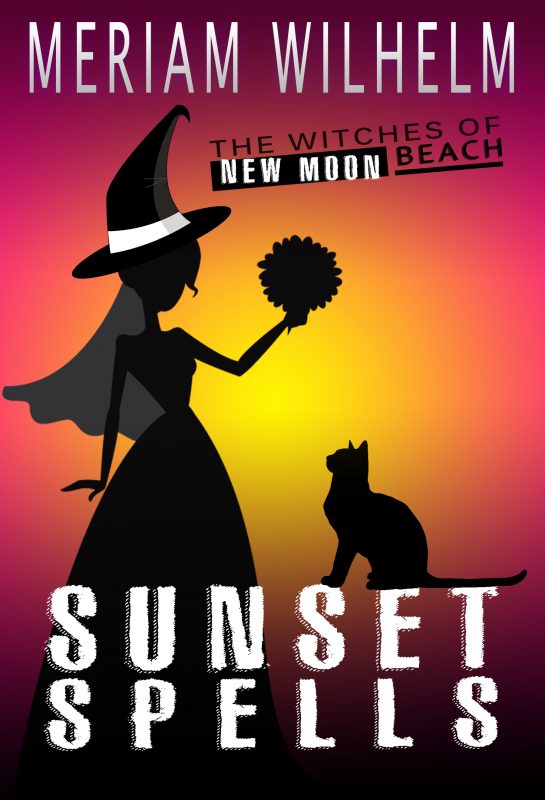Dianna Sinovic, Featured Author
December 14, 2022 by Dianna Sinovic in category Featured Author of the Month tagged as Dianna Sinovic, Featured Author of the Month, Quill and Moss, Short Stories
Author of the Month: Dianna Sinovic

Dianna is a contributing author in the last three anthologies from The Bethlehem Writers Group, An Element of Mystery: Sweet, Funny and Strange Tales of Intrigue, Fur, Feathers, and Scales, Sweet, Funny and Strange Animal Tales and Untethered, Sweet, Funny & Strange Tales of the Paranormal. She has also contributed stories for the Bethlehem Writers Roundtable ezine, including “In the Delivery.”
Born and raised in the Midwest, Dianna has also lived in three other quadrants of the U.S. She writes short stories and poetry, and is working on a full-length novel about a young woman in search of her long-lost brother.
She is a member of Sisters in Crime, Horror Writers Association, The American Medical Writers Association, and The Bethlehem Writers Group, LLC.
Dianna also has a regular column here on A Slice of Orange, titled Quill and Moss, in which she frequently includes short fiction.
Below, you can also listen to Dianna read her short story, “Cold Front” from the GLVWG Writes Stuff anthology.
Other books by Dianna Sinovic
Dianna Sinovic, Featured Author
December 7, 2022 by Dianna Sinovic in category Featured Author of the Month tagged as Dianna Sinovic, Featured Author of the Month, Quill and Moss, Short Stories
Author of the Month: Dianna Sinovic

Dianna is a contributing author in the last three anthologies from The Bethlehem Writers Group, An Element of Mystery: Sweet, Funny and Strange Tales of Intrigue, Fur, Feathers, and Scales, Sweet, Funny and Strange Animal Tales and Untethered, Sweet, Funny & Strange Tales of the Paranormal. She has also contributed stories for the Bethlehem Writers Roundtable ezine, including “In the Delivery.”
Born and raised in the Midwest, Dianna has also lived in three other quadrants of the U.S. She writes short stories and poetry, and is working on a full-length novel about a young woman in search of her long-lost brother.
She is a member of Sisters in Crime, Horror Writers Association, The American Medical Writers Association, and The Bethlehem Writers Group, LLC.
Dianna also has a regular column here on A Slice of Orange, titled Quill and Moss, in which she frequently includes short fiction.
Below, you can also listen to Dianna read her short story, “Cold Front” from the GLVWG Writes Stuff anthology.
Other books by Dianna Sinovic
Dianna Sinovic, Featured Author
December 1, 2022 by Dianna Sinovic in category Featured Author of the Month tagged as Dianna Sinovic, Featured Author of the Month, Quill and Moss, Short Stories
Author of the Month: Dianna Sinovic

Dianna is a contributing author in the last three anthologies from The Bethlehem Writers Group, An Element of Mystery: Sweet, Funny and Strange Tales of Intrigue, Fur, Feathers, and Scales, Sweet, Funny and Strange Animal Tales and Untethered, Sweet, Funny & Strange Tales of the Paranormal. She has also contributed stories for the Bethlehem Writers Roundtable ezine, including “In the Delivery.”
Born and raised in the Midwest, Dianna has also lived in three other quadrants of the U.S. She writes short stories and poetry, and is working on a full-length novel about a young woman in search of her long-lost brother.
She is a member of Sisters in Crime, Horror Writers Association, The American Medical Writers Association, and The Bethlehem Writers Group, LLC.
Dianna also has a regular column here on A Slice of Orange, titled Quill and Moss, in which she frequently includes short fiction.
Below, you can also listen to Dianna read her short story, “Cold Front” from the GLVWG Writes Stuff anthology.
Other books by Dianna Sinovic
Pressured
November 30, 2022 by Dianna Sinovic in category Quill and Moss by Dianna Sinovic tagged as Dianna Sinovic, flash Fiction, Pressured, short story

Armed with an LED light array half its length, the robotic sub maneuvered closer to the vestimentiferan colony.
“Hundreds and hundreds of them, it looks like,” Dr. Parish said. “Can you get any nearer?”
“Trying,” Angela said, and sighed in frustration. “The rocky terrain around the vents is tricky. I’m afraid of hitting a jagged outcropping and damaging Deep Fin. We can record from here, and I can boost the magnification. That’s safer.”
“You are now the one in charge of this project?” Dr. Parish said.
Angela said nothing, knowing it was futile to argue with Parish. Besides, she was the pro at controlling the sub unit. Inept at fine controls, Parish nearly crashed it the first few times they had sent it out, and he finally acknowledged that she would be the permanent “pilot.”
She turned on recorder and increased the zoom. At least two meters in length, the tube worms formed dense clumps of slender white cylinders, their deep red gills protruding from the tops. White crabs and other vent creatures clung to the colony like baubles on a giant bracelet.
Parish sighed. “I’d love to spend all of our allotted time on these.”
“But the unit only has about forty-five more minutes before it runs out of battery,” Angela finished.
While the worm colony drew their attention, it was the vents with their bubbling, superheated water they were more interested in.
“Go ahead then,” Parish said.
They sat side by side in the control booth aboard the Searcher research vessel in the Pacific. The day was calm, a counterpoint to the excitement Angela felt at finally getting to examine the vents—even if via robotic sub. She had to keep Parish on track. He often drifted, like a boat in a swift current without an anchor.
Slowly, with a delicate tuning of the controls, Angela moved the sub to the vent they had marked on their map. It had formed within the last year, since they had last examined the area, and was remarkable for its size. The monitor registered a rapid warming of the water as the sub inched closer to it.
Angela, intent on the vent itself, was startled at Parish’s sudden intake of breath.
“What the hell was that?” he shouted, making Angela jump.
“Where?” She concentrated on maintaining the sub’s location. “On the screen?” When she glanced at him, his eyes were wide, alarmed.
“A figure, but it couldn’t be,” he said.
She had seen nothing but the rough terrain the sub was navigating. No time to be studying anything else.
“We’ll run it back later,” she said. Parish must have imagined whatever he thought he saw. “Figure—are you talking human?”
Parish ran a hand over his buzz cut. “It couldn’t be. The pressure down there is like a trash compactor on steroids. But what was it?”
Sensing that Parish was no longer interested in exploring the vents, Angela moved the sub out of harm’s way, slipping back from the rocky outcroppings. “Let’s hold here for a few minutes. I’ll keep a sweep going, and maybe it’ll show up again.” While I’m watching.
“Sure, sure.” Then he fell silent, studying the screen intently.
Angela continued panning the light array across the field of vision. The worm colony lay a dozen meters away, and the rest of the view was the profound darkness of the deep.
A shiver ran down Angela’s spine. He’d probably seen a fish, some odd-ball creature with surprising appendages.
The screen shimmered with momentary static, and when it cleared, she was staring at a face—a human-like face—only centimeters from the sub’s camera.
Almost as quickly as it appeared, the face vanished, and seconds later, the camera went offline.
“It was there, wasn’t it?” Angela whispered, more to herself than Parish.
“I saw it,” Parish said. “We both saw it.”
Looking at the readouts from the sub’s controls, Angela felt sick. “We’ve lost more than the camera feed. All connection to Deep Fin has been severed. It’s gone.” And how many millions of dollars gone with it? She and Parish were responsible.
As if reading her mind, Parish clapped her on the back. “Yes, it’s a huge loss, but the flip side is, the world will be at our doorstep the minute we release the footage. Unbelievable. We’ll be heroes.”
Angela hoped he was right.
0 1 Read moreWhat You See . . .
October 30, 2022 by Dianna Sinovic in category Quill and Moss by Dianna Sinovic tagged as Dianna Sinovic, fiction, flash Fiction, Short Stories, Twist in the tale

After three sleepless nights, Damian had the bad luck to draw the early shift at Fitzy’s Diner. His eyes were slits as he broke egg after egg for omelets and poured round after round of batter for pancakes.
“Hurry it up, Dame!” Fitzy shouted from the kitchen doorway. “This ain’t no five-star dive.”
“Shove it,” Damian wanted to shout back. But he had rent and a late car payment earmarked for his next paycheck. He was six months clean, and Fitzy, with his sharp eyes and weasel nose, was looking for any excuse to send him back to the streets—or that’s the way it seemed to Damian, who could never move fast enough to please the boss.
When Fitzy slipped back through the swinging doors, Damian turned his focus to the griddle, scraping it for the next omelet. That’s when the spiders crawled out from behind the stovetop, into the pool of melted butter, and skated across the hot surface. Five of them—big, hairy, and long-legged, with eyes that stared him down.
“Jesus,” Damian half-yelped. How is this possible, he thought. He hated spiders. Too many legs.
When he reached for the whisk, his hand brushed something moving.
“Aaahh!” This time he yelled. More spiders covered the egg carton and spilled onto the work table.
No, no, no, his mind screamed. Could the hallucinations return even if he wasn’t using?
“Dame?” It was Helena, on the morning wait staff. She stood in the doorway, concern etched on her face. “You okay?”
Quickly, Damian wiped the sheen of sweat from his face. “Yeah. Just burned myself,” he lied. “Stupid of me.”
She smiled and shook her head. “Be careful. We can’t lose you.” And she was gone, back out to the front counter.
With shaking hands, Damian surveyed the griddle and work tables. The spiders had multiplied, filling the entire stovetop. These couldn’t be real spiders—real arachnids couldn’t survive that heat, could they? Yet he could hear the minute scrape of their feet as they moved.
He shut his eyes tightly, willing the hallucination to cease. I can’t lose this job.
The paranoia that had been his every waking moment—and often every moment of attempted sleep—had finally driven him to rehab. He could no longer live constantly looking over his shoulder. His counselor had assured him the effects of the inhalants he’d once craved had subsided for good—but maybe they’d been wrong.
The swinging doors squeaked, and he opened his eyes to Fitzy’s bark. “Where’s the short stack and ranchero special?”
The spiders now covered the mixing bowl with its batter and the bacon Damian had planned to fry up next. He shuddered at the expanding multitude.
Fitzy grabbed his shoulder, hard, and jerked. “Get moving or you’ll be moving on out of here.”
The spiders descended from the bank of overhead lights and dropped onto Fitzy’s head, swarming down his neck and onto his bare arms. Red welts from their bites began to swell.
After a moment of indecision, Damian removed his apron, hung it on its wall peg, and left the kitchen to Fitzy’s screams.
1 0 Read moreAffiliate Links
A Slice of Orange is an affiliate with some of the booksellers listed on this website, including Barnes & Nobel, Books A Million, iBooks, Kobo, and Smashwords. This means A Slice of Orange may earn a small advertising fee from sales made through the links used on this website. There are reminders of these affiliate links on the pages for individual books.
Search A Slice of Orange
Find a Column
Archives
Featured Books
THE LAST MILE
A novel of taut suspense and danger from New York Times bestselling author Kat Martin.
More info →UNTETHERED: SWEET, FUNNY, AND STRANGE TALES OF THE PARANORMAL
Stoke the campfire and get ready for some chills and goosebumps when you open this paranormal addition to the award-winning Bethlehem Writers Group's "Sweet, Funny, and Strange" anthologies.
More info →LADY ELINOR’S ESCAPE
Lady Elinor Ashworth always longed for adventure, but ...
More info →A NAUGHTY CHRISTMAS CAROL
What if Scrooge was a tall, dark, and oh so sexy Wall Street billionaire?
More info →SUNSET SPELLS
When a cruel and evil wizard threatens Olivia and her wedding plans you may be surprised to see who steps in to save the day.
More info →Newsletter
Contributing Authors
Search A Slice of Orange
Find a Column
Archives
Authors in the Bookstore
- A. E. Decker
- A. J. Scudiere
- A.J. Sidransky
- Abby Collette
- Alanna Lucus
- Albert Marrin
- Alice Duncan
- Alina K. Field
- Alison Green Myers
- Andi Lawrencovna
- Andrew C Raiford
- Angela Pryce
- Aviva Vaughn
- Barbara Ankrum
- Bethlehem Writers Group, LLC
- Carol L. Wright
- Celeste Barclay
- Christina Alexandra
- Christopher D. Ochs
- Claire Davon
- Claire Naden
- Courtnee Turner Hoyle
- Courtney Annicchiarico
- D. Lieber
- Daniel V. Meier Jr.
- Debra Dixon
- Debra H. Goldstein
- Debra Holland
- Dee Ann Palmer
- Denise M. Colby
- Diane Benefiel
- Diane Sismour
- Dianna Sinovic
- DT Krippene
- E.B. Dawson
- Emilie Dallaire
- Emily Brightwell
- Emily PW Murphy
- Fae Rowen
- Faith L. Justice
- Frances Amati
- Geralyn Corcillo
- Glynnis Campbell
- Greg Jolley
- H. O. Charles
- Jaclyn Roché
- Jacqueline Diamond
- Janet Lynn and Will Zeilinger
- Jaya Mehta
- Jeff Baird
- Jenna Barwin
- Jenne Kern
- Jennifer D. Bokal
- Jennifer Lyon
- Jerome W. McFadden
- Jill Piscitello
- Jina Bacarr
- Jo A. Hiestand
- Jodi Bogert
- Jolina Petersheim
- Jonathan Maberry
- Joy Allyson
- Judy Duarte
- Justin Murphy
- Justine Davis
- Kat Martin
- Kidd Wadsworth
- Kitty Bucholtz
- Kristy Tate
- Larry Deibert
- Larry Hamilton
- Laura Drake
- Laurie Stevens
- Leslie Knowles
- Li-Ying Lundquist
- Linda Carroll-Bradd
- Linda Lappin
- Linda McLaughlin
- Linda O. Johnston
- Lisa Preston
- Lolo Paige
- Loran Holt
- Lynette M. Burrows
- Lyssa Kay Adams
- Madeline Ash
- Margarita Engle
- Marguerite Quantaine
- Marianne H. Donley
- Mary Castillo
- Maureen Klovers
- Megan Haskell
- Melanie Waterbury
- Melisa Rivero
- Melissa Chambers
- Melodie Winawer
- Meriam Wilhelm
- Mikel J. Wilson
- Mindy Neff
- Monica McCabe
- Nancy Brashear
- Neetu Malik
- Nikki Prince
- Once Upon Anthologies
- Paula Gail Benson
- Penny Reid
- Peter Barbour
- Priscilla Oliveras
- R. H. Kohno
- Rachel Hailey
- Ralph Hieb
- Ramcy Diek
- Ransom Stephens
- Rebecca Forster
- Renae Wrich
- Roxy Matthews
- Ryder Hunte Clancy
- Sally Paradysz
- Sheila Colón-Bagley
- Simone de Muñoz
- Sophie Barnes
- Susan Kaye Quinn
- Susan Lynn Meyer
- Susan Squires
- T. D. Fox
- Tara C. Allred
- Tara Lain
- Tari Lynn Jewett
- Terri Osburn
- Tracy Reed
- Vera Jane Cook
- Vicki Crum
- Writing Something Romantic
Affiliate Links
A Slice of Orange is an affiliate with some of the booksellers listed on this website, including Barnes & Nobel, Books A Million, iBooks, Kobo, and Smashwords. This means A Slice of Orange may earn a small advertising fee from sales made through the links used on this website. There are reminders of these affiliate links on the pages for individual books.

























































